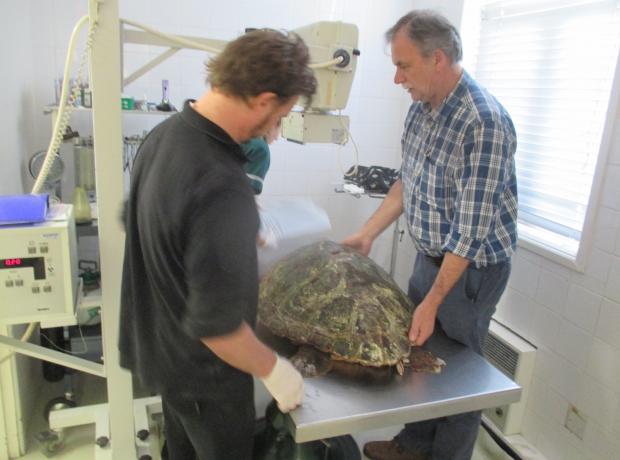In the bustling world of zoological parks, where the spectacle of exotic animals and the thrill of conservation efforts take center stage, there exists a dedicated group of individuals whose contributions often go unnoticed. These are the zoo volunteers, the unsung heroes of animal care whose passion, commitment, and hard work play a pivotal role in the well-being of animals and the success of zoos worldwide.
The Role of Volunteers in Zoos
Zoo volunteers come from all walks of life, united by a common love for animals and a desire to contribute to their care and conservation. Their roles are as diverse as the zoos themselves, ranging from direct animal care to educational outreach and administrative support. Despite the variety of tasks, the impact of their work is undeniable.
Direct Animal Care: Many volunteers have the opportunity to assist in the daily care of animals, which can include feeding, cleaning enclosures, and observing animal behavior. This hands-on experience not only enriches the lives of the volunteers but also ensures that the animals receive the best possible care.
Educational Outreach: Volunteers often play a crucial role in educating the public about animal conservation and the importance of zoos in species survival. They may lead tours, work in information centers, or participate in special programs designed to engage visitors of all ages.
Administrative Support: The smooth operation of a zoo requires a significant amount of behind-the-scenes work. Volunteers can contribute to this effort by helping with tasks such as data entry, event planning, and maintenance of zoo grounds.
The Benefits of Volunteering
For the Zoos: Volunteers provide an invaluable resource for zoos, offering a flexible workforce that can adapt to the changing needs of the institution. Their contributions help reduce operational costs and allow zoos to allocate more resources to animal care and conservation projects.
For the Volunteers: The experience of volunteering at a zoo can be incredibly rewarding. Volunteers gain practical experience in animal care, learn about conservation efforts, and develop a deeper understanding of the challenges facing wildlife. Additionally, volunteering can lead to new friendships, professional networking opportunities, and personal growth.
For the Animals: Perhaps the most significant beneficiaries of volunteer work are the animals themselves. The additional care and attention provided by volunteers can enhance the quality of life for zoo animals, ensuring they are healthy, stimulated, and well-cared for.
Challenges and Rewards
Volunteering at a zoo is not without its challenges. It requires a significant commitment of time and energy, and the work can be physically demanding. Volunteers must also be prepared to perform tasks that are not always glamorous, such as cleaning enclosures or handling animal waste.
Despite these challenges, the rewards of volunteering far outweigh the difficulties. The opportunity to work closely with animals, contribute to conservation efforts, and make a tangible difference in the lives of zoo inhabitants is an experience that many volunteers describe as life-changing.
Conclusion
Zoo volunteers are the backbone of many zoological institutions, providing essential support that enables zoos to fulfill their mission of animal care and conservation. Their dedication and hard work often go unrecognized, but their impact is felt by every animal they care for and every visitor they educate. As we celebrate the work of these unsung heroes, let us also recognize the importance of their contributions to the world of animal care and the conservation of species for future generations.
